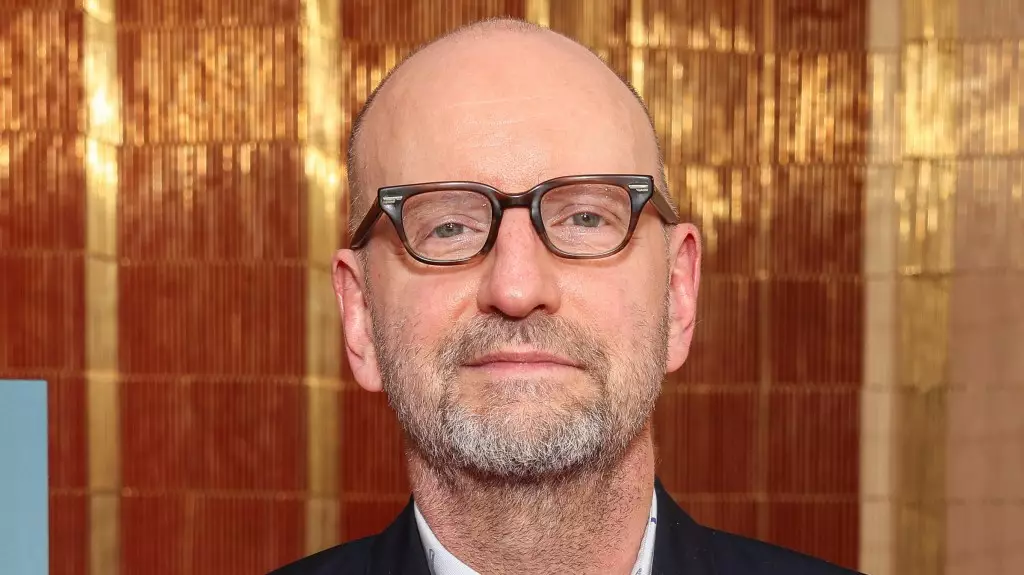Renowned director Steven Soderbergh, who has a long-standing reputation for delivering thought-provoking films, recently voiced his concerns regarding the dire state of the contemporary film industry. Through his latest work, *Black Bag*, an espionage thriller featuring heavyweight actors Cate Blanchett and Michael Fassbender, Soderbergh does not just entertain; he reveals a profound anxiety about the future of mid-range cinema. Despite gaining critical acclaim, *Black Bag* is struggling to attract the very audience it was designed for. This disheartening juxtaposition is not simply a financial concern—it speaks volumes about a cultural shift that threatens the movies meant for grown-ups.
Crowded Theaters and Dwindling Audiences
Soderbergh’s reflections underscore a growing isolation in movie theaters, where the presence of mature narratives is becoming nearly extinct. “If a mid-level budget, star-driven movie can’t seem to get people over the age of 25 to come out,” he lamented, “what does that bode for the future of film?” This sentiment isn’t just a filmmaker’s lament; it’s a rallying cry for cinephiles everywhere. Movies that embody depth, complexity, and real human experiences are at risk of being sidelined in favor of box office-driven spectacles. Soderbergh’s worries resonate deeply; what is at stake goes beyond financial failure—it threatens the artistic landscape of the medium itself.
The Rise of the Superficial
As blockbuster franchises continue to dominate the landscape, we must question if this trend is leading us towards a cinematic apocalypse where nuanced storytelling is sacrificed for spectacular effects and formulas that guarantee profits. “These films aren’t just commercial artifacts; they are cultural reflections of our society,” Soderbergh argues. How is it that films that ask us to reckon with our realities, like *Erin Brockovich* or *Traffic*, have become relics of the past? The current audience seems drawn disproportionately to either escapist fantasy or the lowest common denominators of entertainment, leaving behind sophisticated dramas that provoke thought and discussion.
The Need for Change
The urgent need is not just for filmmakers but also for the industry as a whole to cultivate an audience that appreciates and craves this type of cinema. Soderbergh points out that films designed for adults cannot simply vanish into obscurity without damaging the very foundation of filmmaking. If studios do not invest in more diverse narratives beyond horror and spectacle, we may find that the only films readily available will be those that reinforce existing narratives or trivialize the human experience.
In an era where streaming services inundate us with endless content, one cannot help but wonder if the future of storytelling is in jeopardy. The cinematic experience is not merely about watching films; it is about engaging with stories that challenge norms, provoke discussions, and ultimately enrich us as an audience. Soderbergh’s remarks should serve as both a mirror reflecting our current state and a call to action. As viewers and lovers of art, we must not let mature cinema fall victim to neglect and complacency; the world deserves more than just mindless entertainment.


Leave a Reply